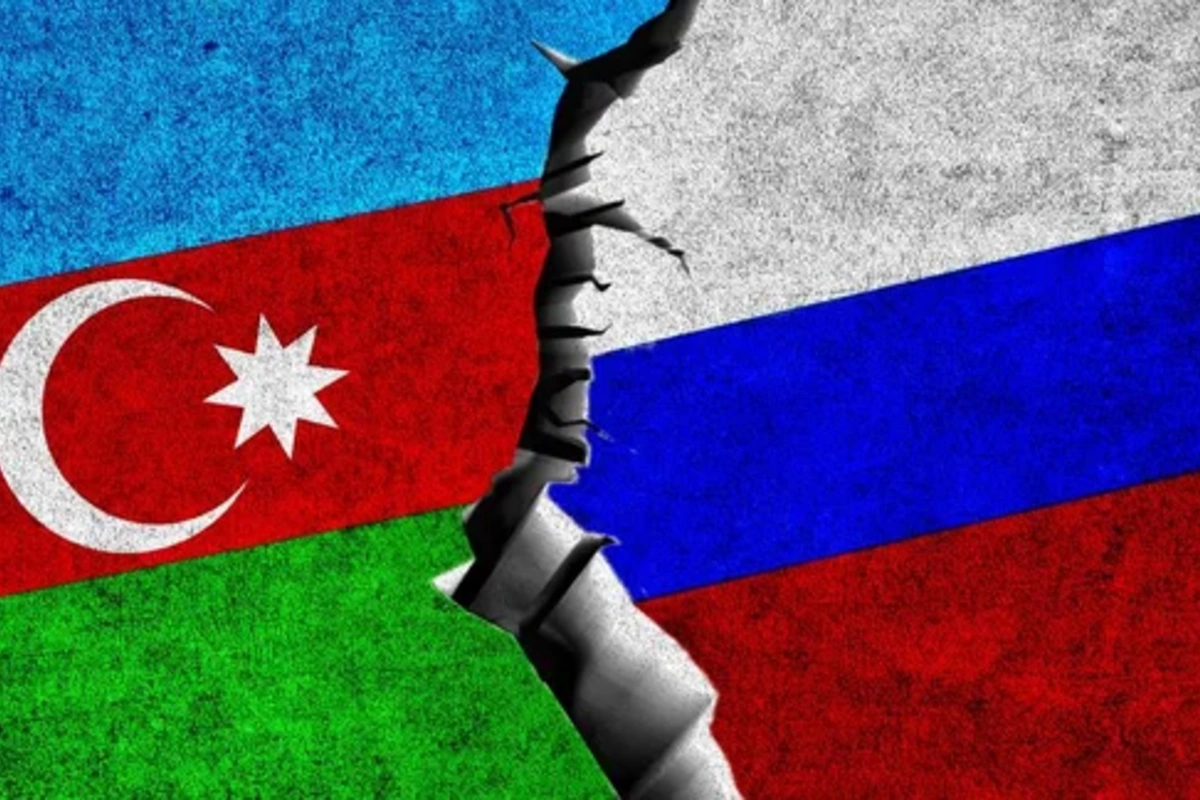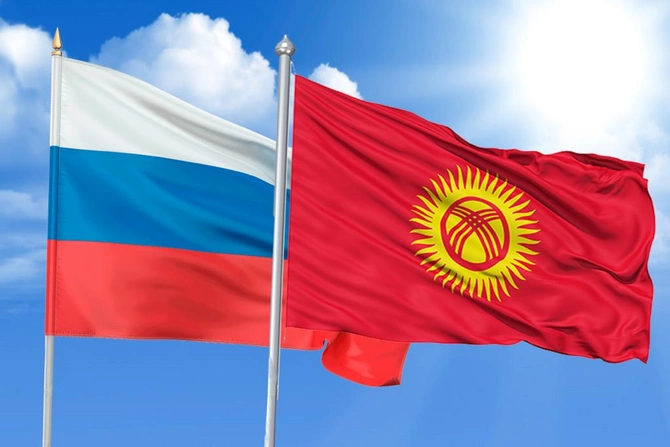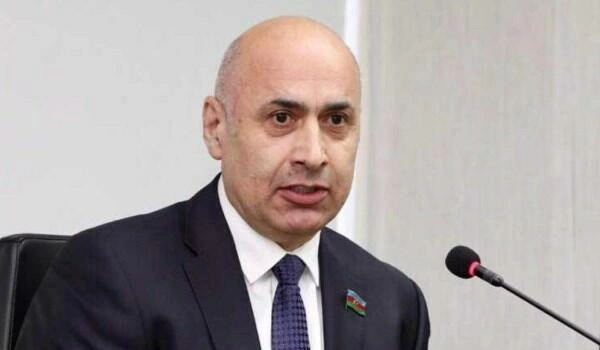
Moscow’s policy remains unchanged. As the saying goes, it's the same old tune. It's as if Russia needs quarrels, scandals, and confrontations with those it presents as its close allies in order to bolster its image. For quite some time now, Moscow has been lobbying for the implementation of a so-called structure referred to as the "Greater Eurasian Partnership" - aimed at creating a “broad integration framework on the Eurasian continent.”
Indeed, that's exactly what it is. Integration. But the question arises: what kind of integration are we talking about? This question is far from trivial and becomes particularly relevant in light of recent events concerning Central Asia and Azerbaijan from Moscow's perspective.
Let’s recall this past April. First, there were mass detentions of Kyrgyz citizens in the "Bodrost" bath complex in Moscow. In response, the Ministry of Foreign Affairs of Kyrgyzstan delivered an official Note to Moscow via the Russian embassy, requesting information about the legal grounds for the operation conducted by law enforcement agencies, as well as the use of force against its citizens. The Note requested effective measures to protect the rights of Kyrgyz citizens and to “prevent similar situations in the future, which could damage Kyrgyz-Russian relations of alliance and strategic partnership.”

Photo credit: Daryo
Shortly after, in the southern Kyrgyz city of Osh, national authorities arrested individuals suspected of recruiting mercenaries to participate in the Russia-Ukraine war. One of the suspects - in fact, a woman - was an employee at the “Russian House” center.
Perhaps no further commentary is needed here, especially given that in early May, Russian authorities were again urged - this time by the Ministry of Foreign Affairs of Uzbekistan - to “pay attention to reports of mistreatment of labor migrants.” Tashkent emphasized a growing number of “cases of violations of migrant workers' rights and their mistreatment in Russia,” which is “seen as a violation of the rights and freedoms of Uzbek citizens working in the Russian Federation, who should be protected under the laws of the host country.”
Incidentally, not long before this, Russian Foreign Minister Sergey Lavrov, during an official visit to Uzbekistan, expressed dissatisfaction with the fact that inscriptions at the “Grieving Mother” memorial in Samarkand were written only in Uzbek and English - with no Russian-language version.

Photo credit: APA
Then came a shocking incident involving Azerbaijan. At Moscow’s Vnukovo Airport, Milli Majlis member Azer Badamov was not allowed to board a flight to Astrakhan. Azerbaijan’s Ministry of Foreign Affairs stressed that the entry ban was imposed without prior notice or explanation, which raises many questions. The deputy was traveling to Astrakhan as part of a delegation participating in events marking the 102nd anniversary of the birth of national leader Heydar Aliyev. Moreover, the visit was organized at the invitation of Astrakhan Region’s Vice Governor Denis Afanasyev, and the guest list had clearly been approved in advance. As a result, Baku viewed Moscow’s actions as an unfriendly move.
We won’t dwell too much on the underlying reasons behind what happened with the Azerbaijani MP, as that angle has already been widely discussed across various platforms. What matters here is a broader context. Russia, which consistently speaks of a special format in Azerbaijani-Russian relations, has yet again taken unpopular - to put it mildly - actions toward Baku. As if deliberately aimed at undermining mutual understanding.
Just a couple of days ago, Patriarch Kirill of Moscow and All Russia, during a meeting with Azerbaijani President Ilham Aliyev, called our country a “blessed land,” a place “you fly to as if on wings.” But that raises a critical question: could it be that within the Russian political establishment, there are figures whose actions are deliberately aimed at escalating tensions in Azerbaijani-Russian relations?
Share on social media